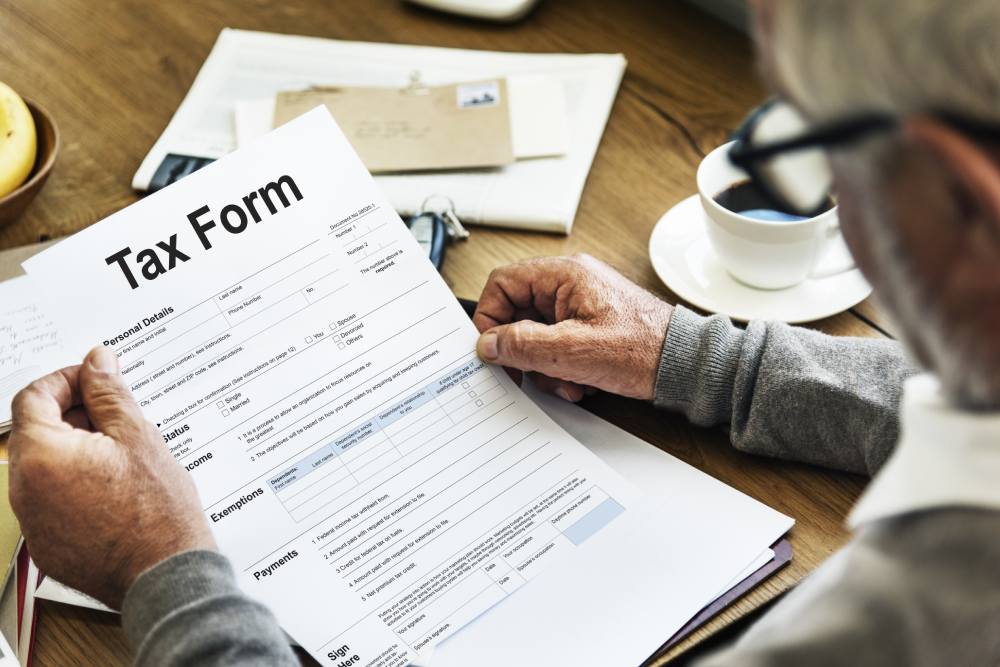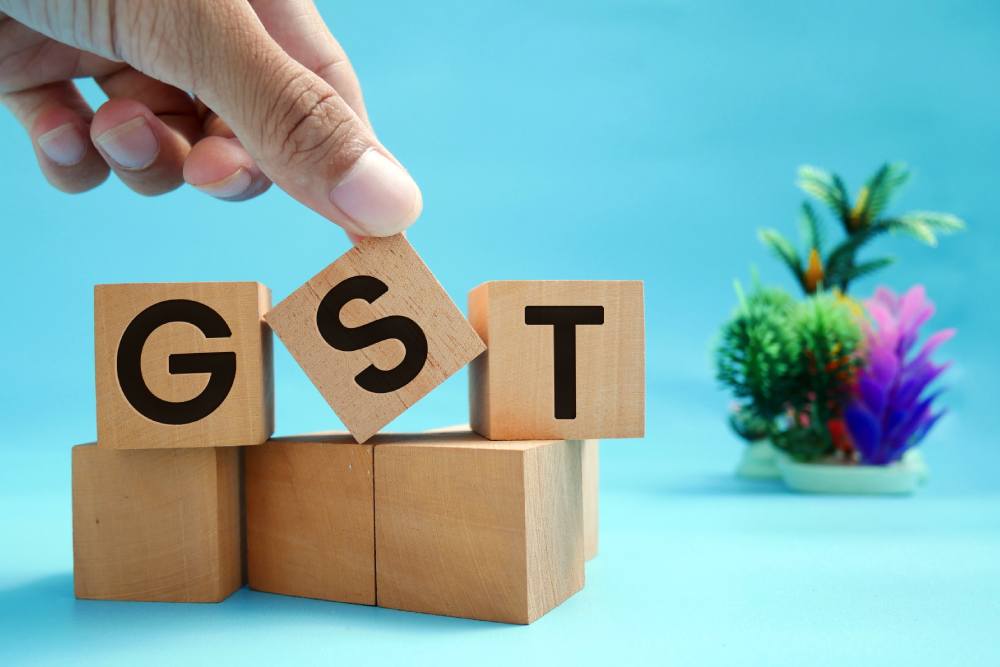GST Filing in Singapore
Goods and Services Tax (GST) is a tax applied to most goods and services in Singapore. If your business sells taxable goods or services, you must follow GST rules to avoid penalties and ensure smooth operations.
GST filing in Singapore is vital for businesses to stay on track with the Inland Revenue Authority of Singapore (IRAS). Failing to file correctly can lead to fines.
Overview of GST Filing Requirements
Your business needs GST registration if its taxable turnover exceeds SGD 1 million over the last four quarters. If your turnover is below this amount, you can still choose to register voluntarily.
GST filing in Singapore happens quarterly. Make sure you file on time:
- January to March: Deadline by April 30
- April to June: Deadline by July 31
- July to September: Deadline by October 31
- October to December: Deadline by January 31
Late or incorrect filings can cost you a fine of SGD 200, plus another SGD 200 for each additional month the return is late.

Who Needs to File GST?
Every business in Singapore registered for GST must tackle the task of filing this tax. Filing aligns with the company's accounting period, typically spanning a full calendar year. Even if a business earns nothing during this time, it still needs to submit a "nil return" GST.
When filing GST, businesses prepare and hand in specific forms. Let's explore these forms in the next section.
How to Register for GST in Singapore
To register for GST, go to the IRAS website. Submit:
- Proof of taxable turnover
- Your company registration details
Once approved, you will receive your GST registration number, usually within three weeks. Have your documents ready to avoid delays.

Types of GST Returns in Singapore
Businesses in Singapore must use specific GST return forms based on their circumstances. The three key forms are as follows:
- GST F5
This form is used to report all the transactions made by your business during the GST period. Even if there were no transactions, a nil return must still be filed. This is the most common form for regular quarterly or monthly filers. - GST F7
This form is used to correct errors made in previous GST filings. Businesses have up to five years to amend these errors. After this period, corrections cannot be made. - GST F8
This is used for final GST filing when a business's GST registration ends. It allows businesses to report output tax on taxable assets in their possession at the time of de-registration.
GST Filing Process
Step 1: Authorize Access via CorpPass
Secure authorisation from your CorpPass account for first-time filers or tax agents. This step is not needed if authorisation is already established.
Step 2: Prepare Supporting Documents
Ensure all necessary documents are ready in electronic form before filing.
Step 3: Log in to myTax Portal
Use your CorpPass credentials to access the portal. Complete the two-factor authentication (OTP sent to your registered phone).
Step 4: File GST Return
Navigate to the "GST" section, select "File GST Return/Edit Past Return," and input details. Double-check for accuracy before submission.
Step 5: Submit and Acknowledge
Submit the return. An acknowledgment screen will confirm submission and provide a reference number. Save this for records.
Step 6: Payment
Make the GST payment by the specified due date.
Step 7: File GST F8 (if deregistering)
When deregistering, file GST F8 to report output tax on taxable assets at the time of deregistration.
Common Mistakes in GST Filing and How to Avoid Them
One common mistake is miscalculating input tax. This happens when businesses forget to include all business-related purchases. Other errors include filing the wrong forms or missing deadlines.
To avoid mistakes, keep good records, check your calculations, and file on time.


Benefits of Professional Assistance for GST Filing
Hiring professionals like Business Tax Accountancy ensures your GST filing is correct and on time. Experts handle everything, so you can focus on your business.
We offer reliable and cost-effective services to meet your GST filing needs.
What We Do?
- GST Application (Mandatory / Voluntary)
- Application for GST Exemption
- GST Deregistration
- GST calculator and ASK annual review
- Quarterly GST Deadline email reminder
- Preparation of GST Tax Report and F5 return
- General GST Schemes
Contact Business Tax Accountancy now for a consultation. Let us handle your GST filing in Singapore and keep your business on track.
Frequently Asked Questions:
GST is a tax on goods and services. Staying compliant is necessary to avoid penalties.
Businesses with a taxable turnover above SGD 1 million must register for GST.
Provide proof of taxable turnover and business registration details.
You file GST returns quarterly, with specific deadlines.
Professionals ensure your filings are correct and timely, reducing the risk of fines.


